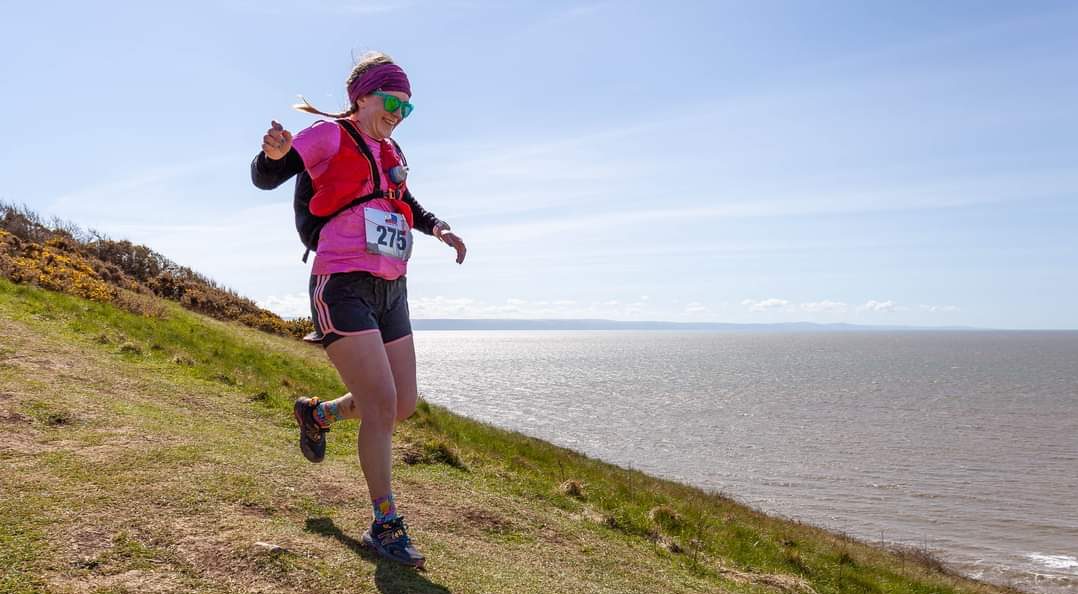While I was out on one of my rehabilitative runs I started mulling over my injury and how I’m currently feeling. As an injured runner you become hyper-self aware of how each part of your body feels. An injured or rehabilitating runner can never just run. There is always an analysis of how every part of you feels, the sensations coming from your cardiovascular system and the messages being sent from your neuromusculoskeletal system. Your central nervous system goes into over drive as each ‘feeling’ that you register is converted to a meaning that it holds for you. And in the case of a runner returning from injury those feelings and meanings are often translated into ‘better’ or ‘not better’.
As I came into the last part of my run I considered how my various body parts were feeling. And I realised that I didn’t feel too bad. My right lower limb, which had been feeling really heavy during running, no longer felt like it had to be dragged along. The tightness in my calf was minimal and as for the dreaded left achilles, I hadn’t actually given it much thought. Maybe the jigsaw was coming together.
The word jigsaw got me thinking. Injury rehabilitation is a little bit similar to a jigsaw. Firstly you want a good solid base to build your jigsaw on. If you don’t have that solid base the jigsaw will fall apart. Next you need a mixture of patience and tenacity. You can’t rush a jigsaw puzzle but you also must not let it beat you, no matter how frustrating it is when you realise that you’ve rushed things and tried to push the wrong bits together. If you rush your rehab jigsaw and try to force things to work, the jigsaw will be wrong and won’t make sense. You’ll have to start again. (If the frustration gets too much then go away and do something else for a bit, like go for a bike ride). Eventually you find, usually after a few bad starts, when you build on a solid base, work gradually, with patience, the pieces will suddenly start melting into one another and the full picture will be revealed before you, as if it was always there.
And so for the first time in ages I felt like the pieces of my jigsaw have started to fit themselves together. It’s taken more patience than I ever believed I had and lots of effort not to rush things. It has also helped me discover the joy of bike rides to clear my head but also to build back the solid base that is always required. So hopefully now, I’m well on the way to completing my running jigsaw and gradually putting injury behind me.
